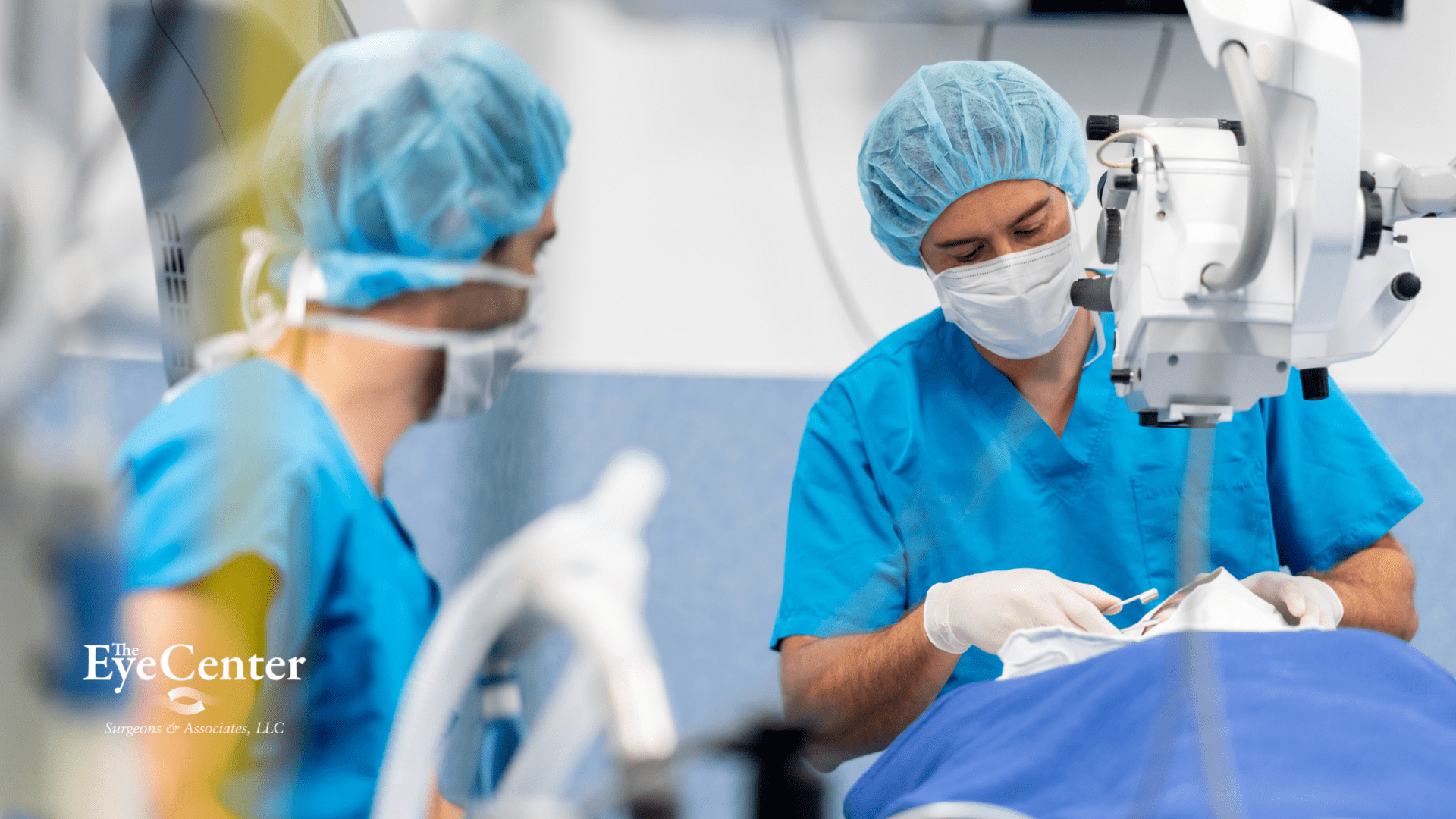Beyond Surgery: Comprehensive Cataract Treatment Options

Cataracts can cause significant vision impairment and drastically affect your quality of life. They cloud the eye’s natural lens, leading to blurry vision, difficulty seeing at night, and even double vision.
As a prevalent eye condition, understanding the available treatments for cataracts is critical to making informed decisions about your eye health.
For many, the word ‘cataract’ is synonymous with surgery. But is surgery your only option?
In this post, we’ll discuss cataract treatments, focusing on cataract surgery and whether it’s the only way to treat cataracts.
So, keep reading if you’re seeking clarity on cataracts, vision impairment, and cataract treatment options. We’re here to guide you through the fog and into clear sight.
Understanding Cataracts: Causes and Progression
Before diving into treatment options for cataracts, it’s crucial to understand what causes them and how they progress.
Cataracts form when the proteins in your eye’s lens clump together, creating a clouding effect. This is often a natural result of aging, but certain risk factors can speed up the process. These risk factors include prolonged exposure to UV light, certain diseases like diabetes, smoking, or even specific types of medication.
The progression of cataracts is typically slow and gradual.
Initially, you might notice a slight blur in your vision, like looking through a dusty window or cloudy glass. As the cataract grows, this hazy patch in your sight becomes larger and denser, leading to more significant vision impairment.
Cataract Surgery: The Standard Solution
Cataract surgery has long been the standard solution for treating cataracts. This surgery involves removing a cloudy lens in the eye and replacing it with an artificial lens. It improves vision and makes things look clearer and brighter.
The success rate of cataract surgery is remarkably high. And, life after cataract surgery can be more enjoyable and safer. Improved vision can prevent injuries, make colors appear more vibrant, enhance night vision, and even correct astigmatism.
Moreover, there are additional unexpected benefits of cataract surgery. Many patients report living glasses-free post-surgery and a decreased risk of falling because of better vision. Notably, research has also suggested that cataract surgery might reduce the risk of dementia, linking improved vision to brain health.
In summary, cataract surgery can offer multiple benefits, from improving visual acuity to overall quality of life. However, you must remember that doctors typically recommend surgery when cataracts interfere with your daily tasks. Always consult your ophthalmologist to discuss your symptoms, lifestyle, and the best possible treatment options.
Non-Surgical Alternatives: Other Ways to Manage Cataracts
Although cataract surgery is widely recognized as the most effective treatment for cataracts, you have other options available. Non-surgical alternatives can help manage your symptoms and slow the progression of cataracts, especially in the early stages.
Lifestyle Changes and Dietary Considerations 
Certain lifestyle adjustments can play a significant role in managing cataracts. To slow down cataract progression, protect your eyes from too much sunlight, quit smoking, and limit alcohol intake.
Dietary choices also matter. A diet rich in vitamins C and E, omega-3 fatty acids, and lutein may help delay cataract formation. Foods like citrus fruits, nuts, seeds, fish, and leafy green vegetables are good sources of these nutrients.
Prescription Eyewear and Visual Aids
In the early stages, prescription glasses or contact lenses can help improve your vision affected by cataracts. You should update your prescription as your cataract progresses. Using magnifying lenses and brighter lighting can also assist with daily tasks.
Medications for Cataract Management
Currently, no medication can prevent or slow down your cataracts. However, research is ongoing to develop eye drops that could treat cataracts without surgery. Some studies suggest that certain compounds could dissolve cataracts, but these are still in the experimental stages.
While these non-surgical cataract treatments can help manage symptoms, they won’t cure cataracts. Only cataract surgery can remove your cataracts altogether. Nonetheless, these strategies can benefit you if you aren’t ready or need surgery. As always, it’s best to consult your ophthalmologist to determine the most suitable treatment plan for your needs.
Innovative Technologies: The Future of Cataract Care
Ophthalmology constantly evolves, developing new technologies to improve cataract care and removal. These advancements aim to make procedures safer, more effective, and less invasive.
Laser-Assisted Cataract Surgery
One significant advancement in the field of cataract treatment is laser-assisted cataract surgery. This technique uses a high-precision femtosecond laser instead of traditional manual tools to perform specific surgery steps.
The laser can perform important functions, leading to fewer complications and faster recovery times.
It can make accurate cuts. It can make the cataract softer for easier removal. It can also reduce the ultrasound energy needed to break it up.
Laser surgery can also fix astigmatism during cataract surgery, so patients can see clearly without glasses or contacts afterward.
Consultation and Professional Advice: The Key to Optimal Eye Health
Regular check-ups and advice from an eye surgeon are important for cataract treatment. Understand treatment options, but trust professionals.
Importance of Regular Eye Check-ups
Regular eye check-ups are crucial in detecting cataracts and other eye conditions early. Cataracts usually develop slowly and may not cause noticeable vision problems initially. However, an eye examination can detect the presence of cataracts before you even notice any symptoms.
Regular eye exams help your eye doctor track your cataracts and determine if surgery or other treatments are needed.
Consulting with Ophthalmologists
Consulting with your ophthalmologist is critical to managing cataracts effectively. They can provide personalized advice based on your specific needs and circumstances. For instance, if your cataracts are small and don’t affect your daily life, your ophthalmologist might suggest simply monitoring the condition rather than opting for surgery immediately.
A comprehensive eye consultation will also include discussing your lifestyle, medical history, and vision goals. This helps your eye doctor suggest the best treatment plan, like non-surgical options, regular cataract surgery, or laser-assisted surgery.
In conclusion, while numerous resources are available about cataracts and their treatment, professional advice from your ophthalmologist is invaluable. Regular appointments and exams ensure that you receive proper care for your eyes. This leads to the best outcomes for your eye health.
Ready to explore your cataract treatment options? Schedule a cataract consultation with our experienced eye surgeons at The Eye Center in Huntsville and Madison and take the first step towards clearer vision.
